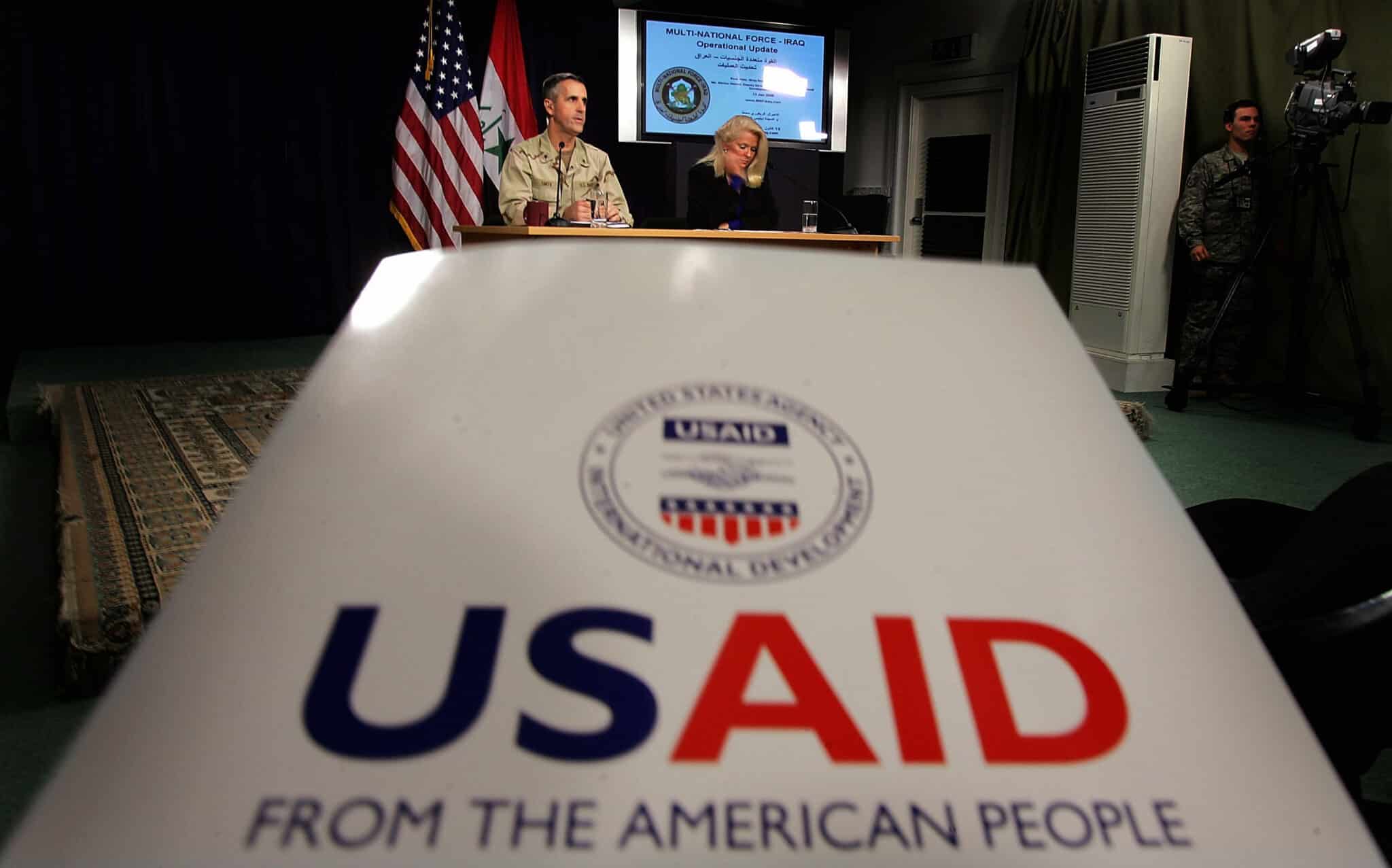On May 10, 2022 Mr. Marvin Berris registered with FARA on behalf of Ms. Bayan Sami Abdul Rahman, the Kurdistan Regional Government’s Representative to the U.S. alleging that former federal officials and contractors fraudulently extolled millions of dollars from a prominent Kurdish family, the Sulavs.
The Sulav family filed with the U.S. Foreign Claims Commission after discovering that, they believe, they were robbed by people posing as officials for the U.S. Agency for International Development. However, the Commission denied their claim on the basis that “it has no obligation to prevent fraud” and that even if it were, it would “not have authority to provide compensation for property damages” (p.1).
The Commission also claims that it is the fault of Kurdish security forces, rather than U.S. personnel, for allowing the fraudsters access. The complaint, attached to the filing, rebuts that assertion saying the location of the crime was under U.S. jurisdiction (p.1).
The letter, quoted above, claims that the Sulav family, like many other Iraqi Kurds, were “fiercely loyal” to the American government while serving as translators. This is even after several members of the family had to flee the country following the rise of ISIS.
The Commission’s denial of relief is in line with its Iraq Claims Program, which only lists three circumstances that would warrant financial compensation: for being taken hostage, for death during a hostage situation, and other physical harm.
Over 350 claims under the Iraq Program have been filed with only 23 denials. Not only are these claims, save one, much smaller than the “millions of dollars” allegedly defrauded from the Sulav family, none of the claims are for solely financial or property loss.
Foreign Claims programs are established, from time to time, according to the International Claims Settlement Act of 1949 and the War Claims Act of 1948. In the case of some programs, loss of property does constitute grounds for compensation, but not for others.
For example, in 2005 Secretary of State Condoleezza Rice opened a new program for Cuba claimants explicitly for “uncompensated taking of United States nationals’ property by the Cuban government.” An earlier program regarding China was intended to compensate U.S. nationals for “losses resulting from the nationalization, expropriation, intervention, or other taking of, or special measures directed against, property by [the Chinese] government.”
It is unlikely that Representative Rahman does not know what stipulations the Commission spells out. She has been serving in her current capacity since 2015 and claims have been filed as late as 2019. It is also worth noting that Rahman has kept quiet, at least on twitter, about these accusations. This suggests that the FARA filing may be part of an effort to convince U.S. officials to reconsider the scope of the Iraqi claims program.
The complaint attached to the FARA filing points out that two of the ringleaders in the fraud scheme were indicted, and their ploy is hardly unfamiliar to U.S. officials who served in Iraq or Afghanistan.
Her quiet diplomacy may also serve a broader purpose to remind U.S. officials that as the focus of American foreign policy gradually shifts away from the Middle East, it is only going to become more critical to maintain good relations with the friends that have stuck with you. Kurdistan lives in a neighborhood of watchful eyes, kept at bay largely through its friendship with the United States.
American credibility has declined substantially in the last two decades. Failing to “maintain friendly relations between the citizens of foreign countries hosting US military forces,” which is what the authors of the complaint believe is the purpose of the Commission, will only erode that credibility even more.

